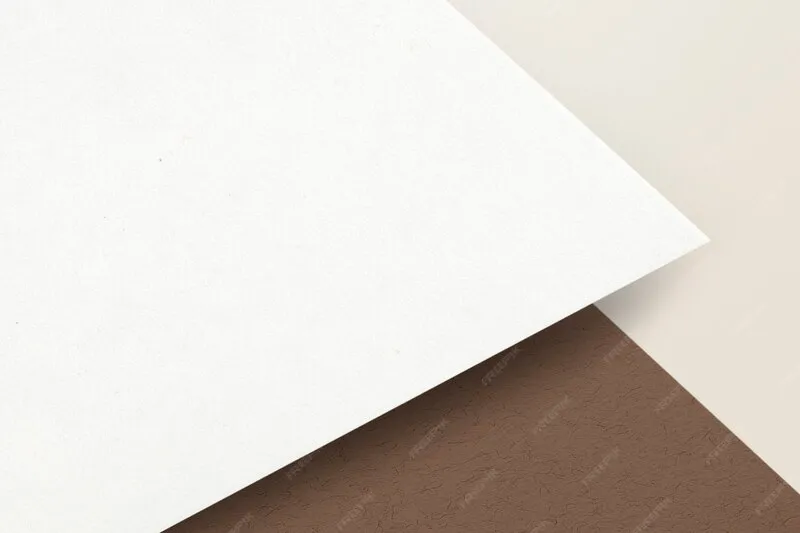Bringing a new puppy home is an exciting time, filled with joy and countless moments of adorable mischief. As a dedicated pet parent, ensuring your young canine companion thrives involves understanding their developmental needs, especially during those crucial early months. For puppies under six months old, the world of chewing is not just about keeping them occupied; it’s intrinsically linked to their dental health, mental stimulation, and overall well-being. At Dog Care Story, we’re committed to empowering you with the knowledge to make the best choices for your furry family member. This guide will equip you with everything you need to know about selecting the Best Dental Chews For Puppies Under 6 Months, helping you navigate the myriad of options available.
The Vital Role of Chewing for Young Pups
Chewing is far more than a simple habit for puppies; it’s a fundamental behavior deeply ingrained in their instinctual development. Understanding why puppies chew is the first step towards providing them with appropriate outlets that benefit their growth.
Soothing Teething Discomfort
Between the ages of three to six months, puppies experience the challenging phase of teething. Their deciduous (puppy) teeth begin to loosen and fall out, making way for their permanent adult teeth. This process can cause significant discomfort and even pain, prompting puppies to chew intensely as a natural way to alleviate the pressure and irritation in their gums. Offering the right chews can provide much-needed relief and redirect their chewing instincts away from your furniture and belongings.
Fostering Mental Engagement and Preventing Boredom
The act of chewing offers substantial mental stimulation for puppies. It engages their natural hunting and foraging instincts, providing a sense of accomplishment and satisfaction. When a puppy is bored, this pent-up energy can manifest as destructive behaviors, such as chewing on household items. Providing a variety of engaging chews helps to keep their minds active, promotes problem-solving skills, and reduces the likelihood of boredom-driven mischief.
Promoting Early Dental Hygiene
Appropriate chews play a significant role in establishing good dental health from a young age. The gentle abrasive action of chewing on suitable items helps to scrub away plaque and tartar buildup on the surface of the teeth. This proactive approach can significantly reduce the risk of developing common dental problems later in life, such as gum disease and tooth decay, laying the foundation for a lifetime of healthy smiles.
Selecting the Optimal Chews for Puppies Under 6 Months
The market is flooded with chew options, which can be overwhelming for new pet parents. To make an informed decision, consider these crucial factors when choosing dental chews for your puppy under six months old:
Prioritize Softness and Digestibility
Puppies have delicate teeth and developing digestive systems. It is paramount to select chews that are soft enough not to damage their nascent adult teeth or enamel. Furthermore, opt for highly digestible ingredients to prevent gastrointestinal upset. Hard, dense, or brittle chews can pose a risk of tooth fractures and should generally be avoided for this age group.
 A small puppy gently chewing on a soft, rope-like toy.
A small puppy gently chewing on a soft, rope-like toy.
Consider Size and Shape Appropriateness
The chew should be appropriately sized for your puppy’s current mouth. It should be large enough that they cannot easily swallow it whole, thus posing a choking hazard, but small enough that they can comfortably hold and maneuver it. Many brands offer specific lines for puppies or small breeds, which is a good starting point.
Scrutinize the Ingredients
Always opt for chews made from natural, high-quality ingredients. Look for products free from artificial preservatives, colors, flavors, and excessive fillers. Understanding the ingredients list ensures you are providing a safe and beneficial product for your puppy’s consumption. Natural sources like meat or plant-based options are generally preferred.
Offer a Variety of Textures and Flavors
To keep your puppy engaged and prevent them from becoming bored with a single type of chew, it’s beneficial to introduce a variety. Different textures (e.g., slightly chewy, a bit more yielding) and natural flavors can cater to your puppy’s individual preferences and provide a more stimulating experience. This variety also helps you discover what your puppy enjoys most.
Always Supervise Chewing Sessions
Regardless of the type of chew you provide, it is crucial to supervise your puppy during chewing sessions. This allows you to monitor their behavior, ensure they are chewing safely, and intervene immediately if any choking or splintering occurs. Regularly inspect chews for signs of wear and tear and discard them when they become too small or damaged.
Top Chew Recommendations for Puppies Under 6 Months
Based on the criteria above, here are some excellent choices for dental chews for puppies under six months:
Wholesome Dental Sticks
Specially formulated dental chews designed for puppies are often an excellent choice. These typically feature a softer texture and a size suitable for young mouths. Many are infused with ingredients that help clean teeth and freshen breath. Look for options made with natural ingredients and veterinarian-recommended formulas.
 A package of puppy dental chews, showing different shapes and sizes.
A package of puppy dental chews, showing different shapes and sizes.
Natural, Softer Meat Chews
Options like 100% natural, single-ingredient meat chews such as dehydrated chicken strips, beef tendons, or lamb lung can be great choices. Ensure they are sourced from reputable suppliers and are free from added hormones or antibiotics. These provide a satisfying chew and are highly palatable for most puppies.
Edible, Breakable Chews
Certain edible chews are designed to break down safely and be fully digestible. These can offer a good balance of dental cleaning benefits and satisfaction. Always choose options specifically labeled for puppies and follow package instructions regarding portion size and frequency.
Interactive Treat-Dispensing Toys
Toys like the classic Kong, when filled with puppy-appropriate wet food, yogurt, or a mixture of kibble and water, and then frozen, can provide an excellent long-lasting chewing and mental challenge. The frozen nature also soothes inflamed gums. These toys encourage your puppy to work for their reward, promoting problem-solving skills and preventing frustration.
 A puppy happily playing with a stuffed Kong toy.
A puppy happily playing with a stuffed Kong toy.
Establishing a Positive Chewing Routine
Creating a consistent and beneficial chewing routine is essential for your puppy’s development and can prevent unwanted behaviors.
Designate Appropriate Chewing Zones
Help your puppy understand what is and isn’t acceptable to chew on by setting clear boundaries. When you see them chewing on an approved toy or dental chew, praise them enthusiastically. If they start to chew on something inappropriate, gently redirect them to their designated chew item.
Ensure Plenty of Chewing Opportunities
Provide your puppy with access to a variety of safe and appropriate chews throughout the day. This is especially important when you cannot supervise them directly, as it can prevent them from turning to household items for satisfaction.
Rotate Chew Toys and Treats
To maintain your puppy’s interest and prevent boredom, regularly rotate the types of chews and toys you offer. This keeps their chewing experience novel and exciting, encouraging continued engagement with appropriate items.
Utilize Positive Reinforcement
When you observe your puppy engaging in appropriate chewing behavior, reward them with verbal praise, a gentle pet, or a small, healthy treat. This positive reinforcement strengthens the association between their dental chews and a rewarding experience, encouraging them to continue these healthy habits.
Conclusion
Navigating the world of dental chews for puppies under six months may seem complex, but armed with the right information, you can confidently make choices that support your pup’s growth and well-being. Prioritizing soft, digestible, appropriately sized, and naturally-sourced chews is key. Remember that every puppy is an individual, so observation and a willingness to experiment with different options will help you discover your pup’s favorites. By establishing a consistent and positive chewing routine, you not only keep your puppy entertained and satisfied but also lay a strong foundation for lifelong dental health and happiness.
